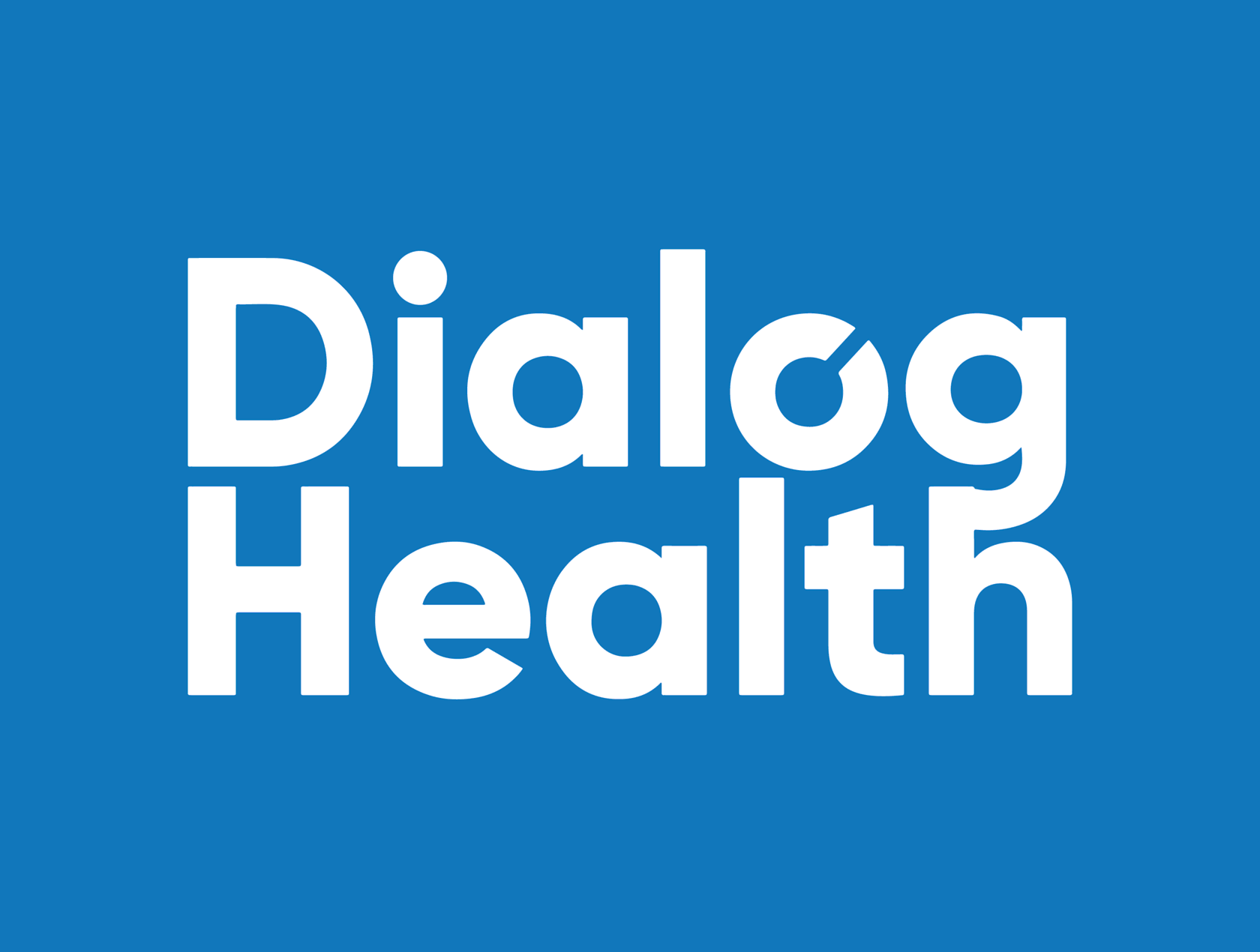- Quebec
- Handicap
- 22 delegates
- November 2024
From 24 to 30 November 2024, a delegation of 22 members of the John Bost Foundation travelled to Quebec to study innovative technologies for supporting people with disabilities and their carers.
In November 2024, Dialog Health had the pleasure of accompanying a delegation of 22 members of the John Bost Foundation on a fact-finding mission to Quebec. The trip, devoted to exploring innovative technologies for supporting people with disabilities and their carers, was a real immersion in an innovative ecosystem. Here is an overview of the highlights of this mission:
Day 1: Immersion in Quebec's medico-social system
The delegation began with an in-depth introduction to the workings of Quebec's medico-social system, orchestrated by CIUSSS de la Capitale Nationale, a flagship organisation for integrated health and social services.
Participants then visited two inspiring facilities:
Day 2: Technologies for the elderly
The second day highlighted the opportunities offered by new technologies in the field of support for the elderly.
Day 3: Disability and dementia in Trois-Rivières
Our delegation visited two pioneering institutions providing support for vulnerable populations:
Day 4: Technology and inclusion
The day was marked by a number of inspiring technological projects for people with disabilities:
Day 5: Closing on a note of innovation
The final day was devoted to visionary initiatives:
This study mission to Quebec was a real source of inspiration for the members of the John Bost Foundation. By combining innovation and international collaboration, this mission demonstrated how technology can transform care while remaining centred on the individual.
Day 1: Immersion in Quebec's medico-social system
The delegation began with an in-depth introduction to the workings of Quebec's medico-social system, orchestrated by CIUSSS de la Capitale Nationale, a flagship organisation for integrated health and social services.
Participants then visited two inspiring facilities:
- An intensive behavioural rehabilitation unit (URCI), dedicated to providing a structured and specialised therapeutic environment to treat severe and complex behavioural disorders in patients with psychiatric, neurological or cognitive disorders.
- The Maison des aînés et alternative de Sainte-Foy, an innovative centre offering 96 places, including 12 reserved for people with autism spectrum disorders or intellectual disabilities.
- The afternoon was marked by a visit to the Maison Martin-Matte / Pavillon Patrice-Villeneuve, a key resource for people living with a head injury or severe physical disability.
Day 2: Technologies for the elderly
The second day highlighted the opportunities offered by new technologies in the field of support for the elderly.
- Grand âge et technologies’ conference: Professor Philippe Voyer, an expert in geriatric care, captivated the audience with an analysis of technological advances in support for the elderly.
- Meeting with innovative companies: Ten start-ups presented promising solutions for improving the independence and quality of life of senior citizens.
- Visit to the Résidence Humanitæ: This exemplary establishment offers support tailored to the changing needs of people suffering from cognitive diseases such as Alzheimer's, providing personalised, human support.
Day 3: Disability and dementia in Trois-Rivières
Our delegation visited two pioneering institutions providing support for vulnerable populations:
- The Institut Universitaire DI-TSA, where research and clinical expertise combine to improve the quality of life of people with autism and intellectual disabilities.
- The Place Carpe Diem residence, a project that redefines support for the elderly through an approach centred on humanity and inclusion.
Day 4: Technology and inclusion
The day was marked by a number of inspiring technological projects for people with disabilities:
- The Petits Rois Smart House, an innovative accommodation for vulnerable young adults, combining technology and safety.
- Alithya's connected mirror, an innovative tool for improving the independence of people living with an autism spectrum disorder.
- Reverse-pitch at the CEIM: Start-ups presented their assistive technologies for carers and patients, highlighting bold and promising ideas.
Day 5: Closing on a note of innovation
The final day was devoted to visionary initiatives:
- The Lise and Yvon Lamarre Centre, dedicated to people with severe behavioural disorders, which combines residence and daytime activities in an inclusive environment.
- The Pôle d'innovation et du numérique at CIUSSS Centre-Sud de l'Île de Montréal, where new technologies are integrated into care to maximise their impact.
This study mission to Quebec was a real source of inspiration for the members of the John Bost Foundation. By combining innovation and international collaboration, this mission demonstrated how technology can transform care while remaining centred on the individual.
Inscrivez vous à notre newsletter
Une fois par mois, restez informé de l'actualité de nos voyages d'étude santé et médico-social.
En cliquant sur le bouton vous acceptez nos termes et conditions.
Photos
Missions d'étude récentes

